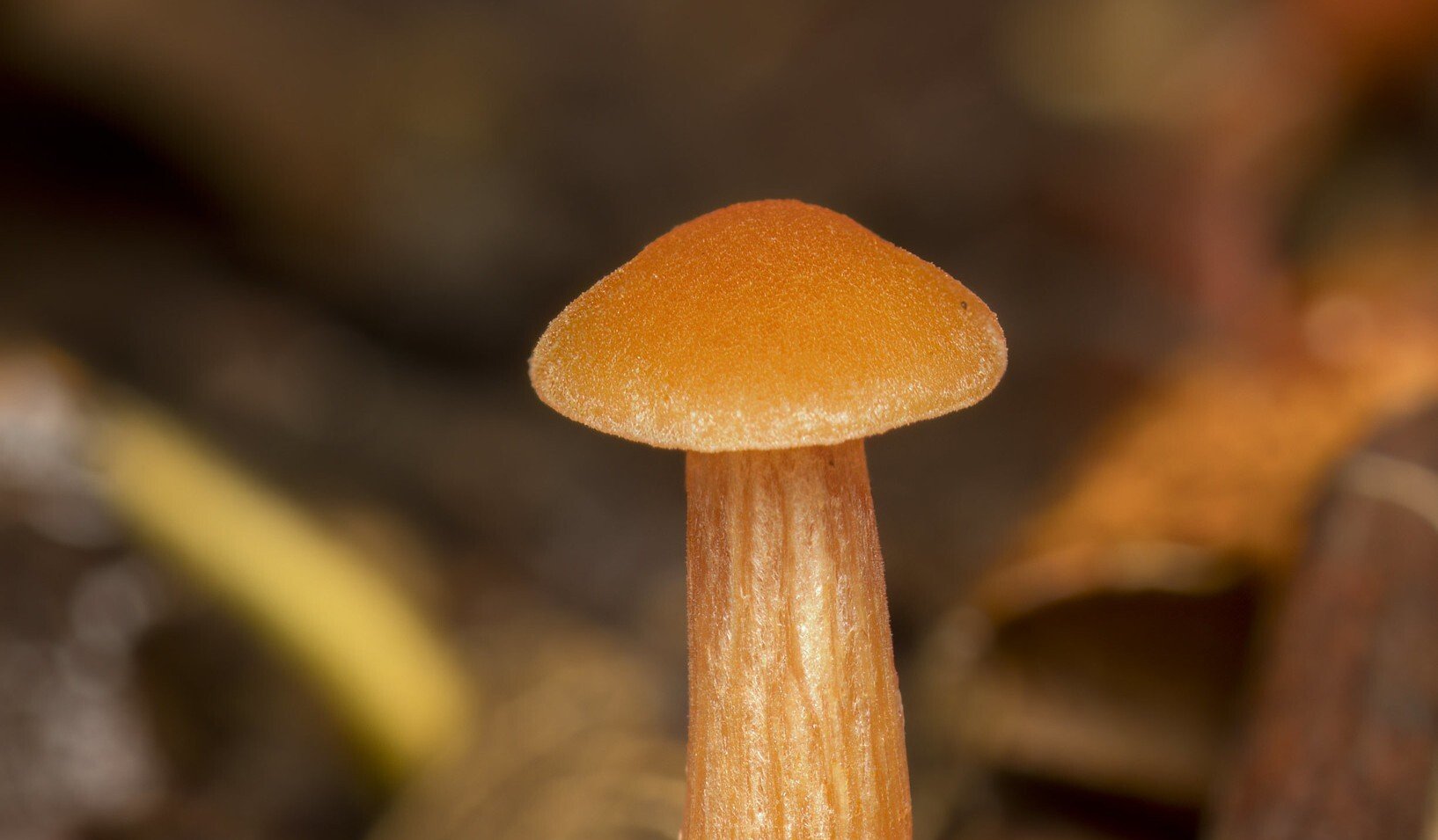
The Fungi Files: Laccaria laccata Under the Microscope
This is the first in a series of articles specifically looking at the microscopic features of fungi found in the field. This blog features The Deceiver Laccaria laccata, commonly found in the woodlands near where I live, and it's relatively easy to find and identify using microscopy techniques.
Taxonomy
- Domain: Eukaryota
- Kingdom: Fungi
- Phylum: Basidiomycota
- Class: Agaricomycetes
- Order: Agaricales
- Family: Hydnangiaceae
- Genus: Laccaria
- Species: Laccaria laccata
It was originally described as Agaricus laccatus by Giovanni Antonio Scopoli in 1772 before being placed in its current genus by Mordecai Cubitt Cooke in 1884.
The common name derives from the fact it is extremely variable, and easily mistaken for other waxcaps of similar colour and stages - its is commonly found between June and November in the UK.
Appearance
In the field, the Deceiver has a textured cap measuring 2-6cm. The cap is convex at first then flattens out as the mushroom ages. The colour can vary between shades of pinks, browns and oranges. The stipe is 2-10cm, and has a fibrous appearance in keeping with other waxcap species and widens at the base.

Laccaria laccata at Oxford Island woodland habitat
Spores
Microscopy can reveal identification details otherwise unavailable during field observations. In this case, spores were transferred from the gill to water-based slide preparations and viewed under a compound microscope at 400x magnification.
.jpg?width=548&height=557&name=54095316951_071b8bf2cb_h%20(1).jpg)
- Shape: Round to slightly elliptical
- Size: Approximately 7–10 µm in diameter
- Surface: Covered in small spines, giving them a rough texture
- Colour: Pale, contributing to the mushroom’s pale spore print colour
- Spore Print: White, a distinguishing feature among gilled fungi
- Microscopic Features: Ornamented with fine spines, visible under high magnification
.jpg?width=666&height=445&name=54095316981_6eab141fd5_c%20(1).jpg)

